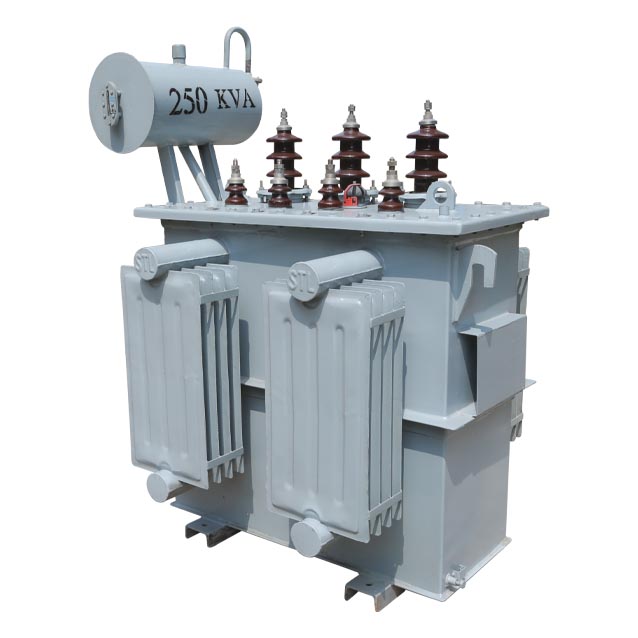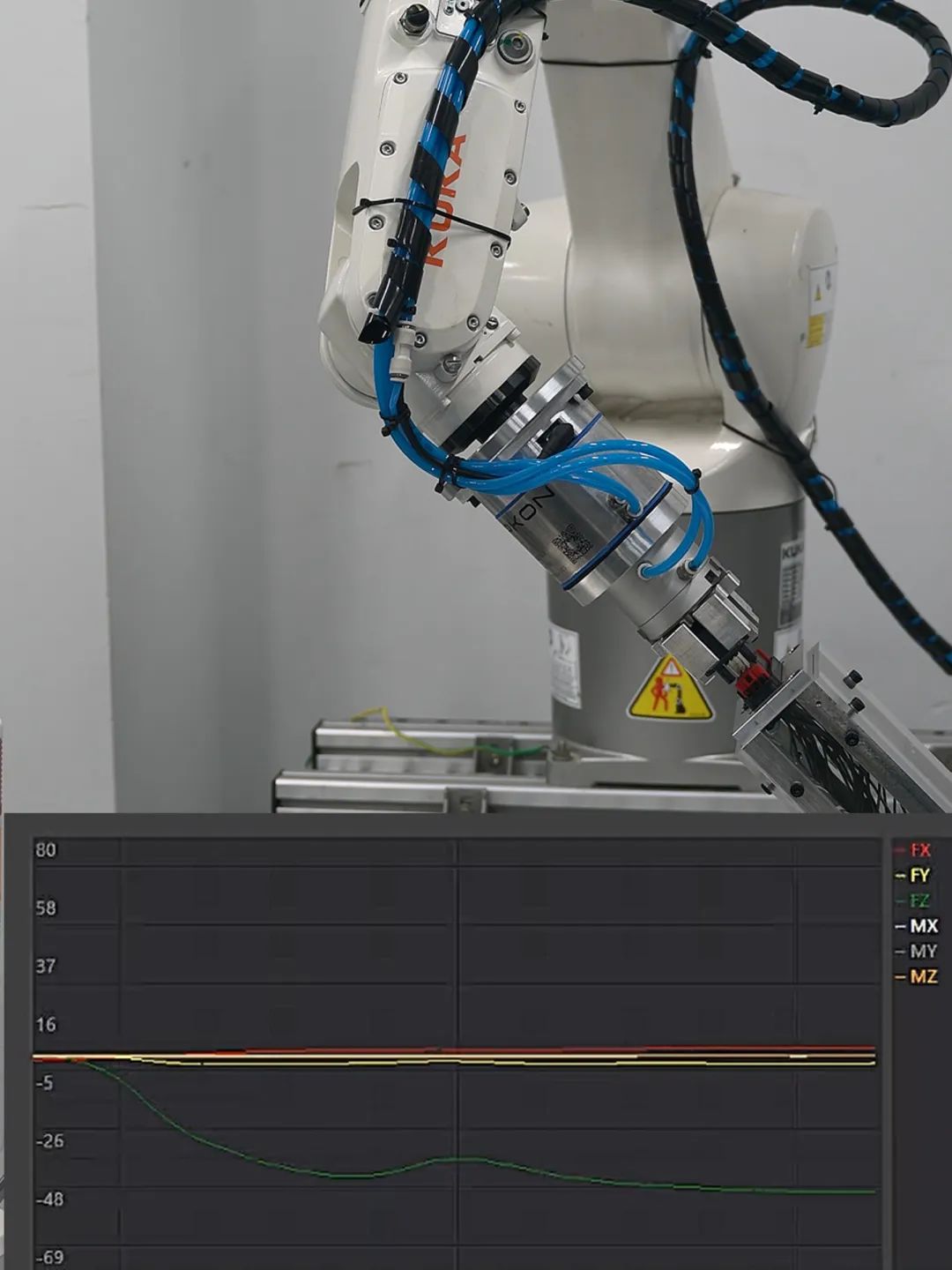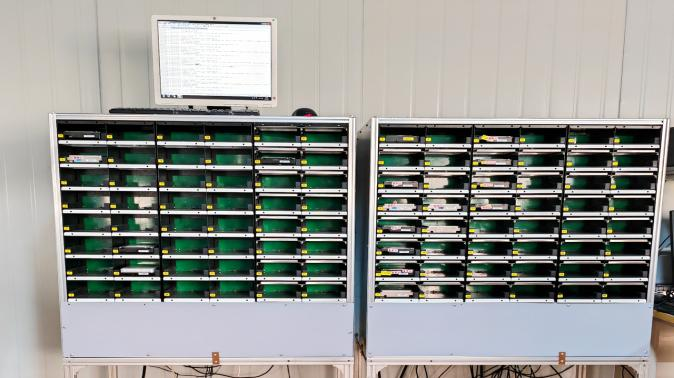
In the world of electronics, transformers play a crucial role in powering and transforming electrical energy. These versatile devices are found in a wide range of applications, from power distribution systems to electronic devices. In this blog post, we will explore the significance of transformers in various industries and delve into their working principles, types, and applications.
- Understanding Transformers:
Transformers are electrical devices that transfer electrical energy between two or more circuits through electromagnetic induction. They consist of two or more coils of wire, known as windings, which are wound around a magnetic core. The primary winding receives electrical energy, while the secondary winding delivers the transformed energy. Transformers can step up or step down voltage levels, making them essential for efficient power transmission and distribution. - Powering the World:
Transformers are the backbone of power distribution systems. They enable the efficient transmission of electricity over long distances, reducing energy losses. High-voltage transformers at power stations step up the generated electricity to high voltages for long-distance transmission. Subsequently, distribution transformers step down the voltage to levels suitable for residential and commercial use. Without transformers, the reliable supply of electricity to our homes and industries would be challenging. - Industrial Applications:
Transformers find extensive use in various industries, contributing to technological advancements and innovation. In the manufacturing sector, transformers power machinery and equipment, enabling efficient production processes. They are also integral to renewable energy systems, such as wind turbines and solar power plants, where they facilitate the conversion and distribution of clean energy. - Electronics and Transformers:
In the realm of electronics, transformers serve multiple purposes. They are commonly found in power supplies, where they convert high-voltage AC (alternating current) to low-voltage DC (direct current) required by electronic devices. Transformers also isolate electronic circuits from the power source, ensuring safety and preventing electrical noise interference. Additionally, they are crucial components in audio amplifiers, telecommunication systems, and electric vehicle charging stations. - Advancements and Future Trends:
As technology continues to evolve, transformers are also undergoing advancements. The development of compact and efficient transformers is enabling miniaturization in electronic devices, leading to the creation of smaller and more portable gadgets. Furthermore, the integration of smart grid systems with transformers is enhancing energy management and optimizing power distribution.
Conclusion:
Transformers are the unsung heroes of the electronics industry, powering our world and driving technological progress. From enabling efficient power transmission to facilitating innovation in various sectors, their significance cannot be overstated. Understanding the role and applications of transformers is crucial for anyone interested in the field of electronics. As we move towards a more connected and energy-efficient future, transformers will continue to play a vital role in shaping our world.

